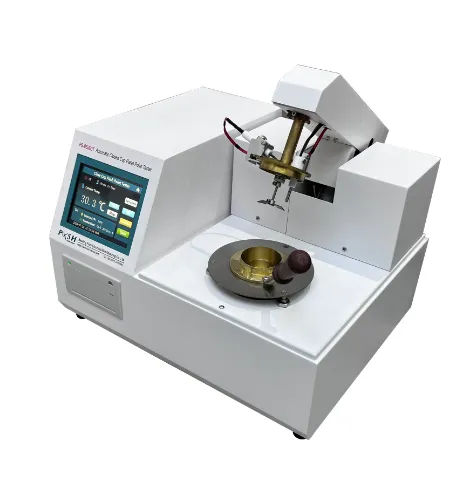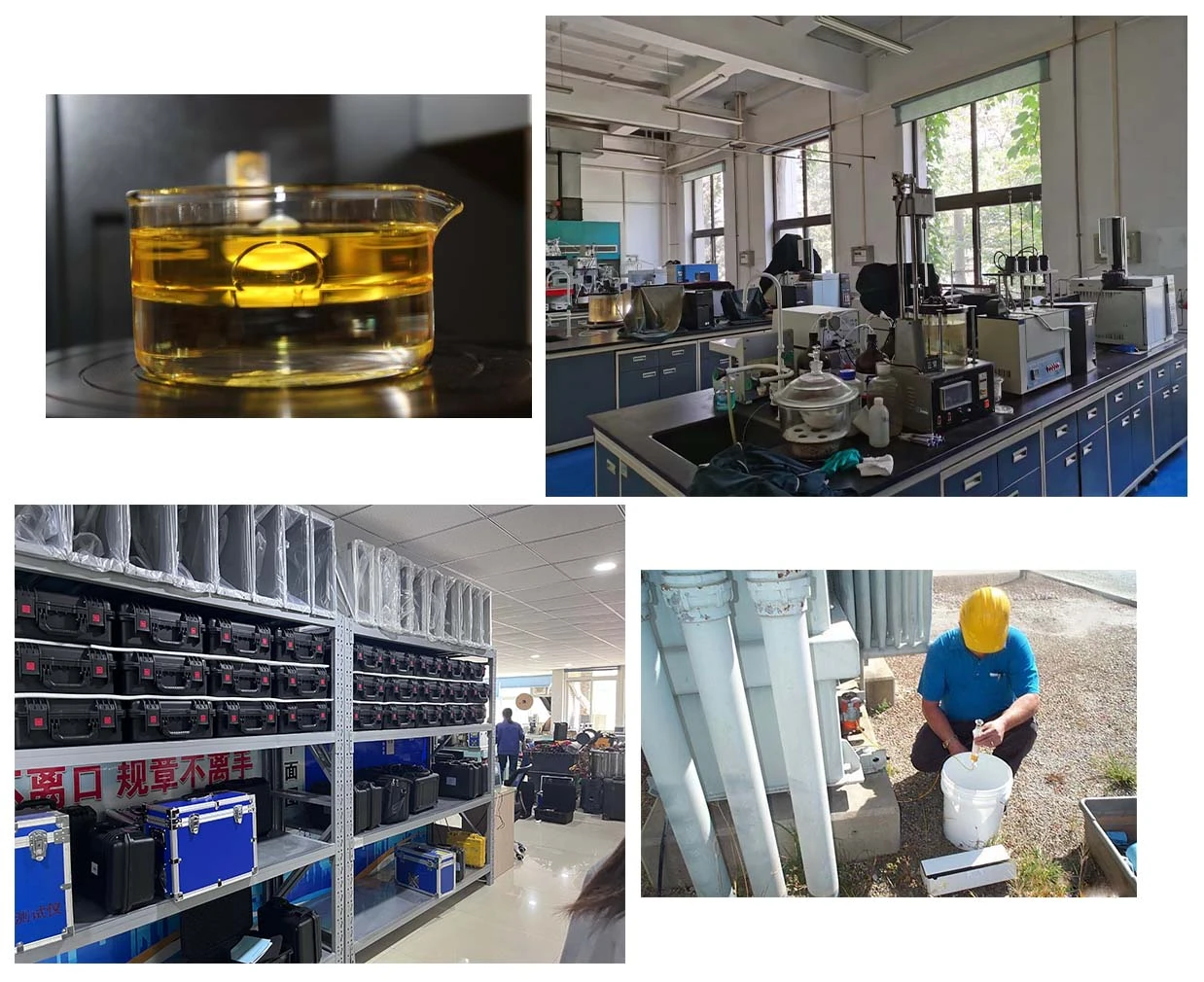TEL:
+86-0312-3189593
 English
English

Telephone:0312-3189593

Email:sales@oil-tester.com

-
 Afrikaans
Afrikaans -
 Albanian
Albanian -
 Amharic
Amharic -
 Arabic
Arabic -
 Armenian
Armenian -
 Azerbaijani
Azerbaijani -
 Basque
Basque -
 Belarusian
Belarusian -
 Bengali
Bengali -
 Bosnian
Bosnian -
 Bulgarian
Bulgarian -
 Catalan
Catalan -
 Cebuano
Cebuano -
 China
China -
 China (Taiwan)
China (Taiwan) -
 Corsican
Corsican -
 Croatian
Croatian -
 Czech
Czech -
 Danish
Danish -
 Dutch
Dutch -
 English
English -
 Esperanto
Esperanto -
 Estonian
Estonian -
 Finnish
Finnish -
 French
French -
 Frisian
Frisian -
 Galician
Galician -
 Georgian
Georgian -
 German
German -
 Greek
Greek -
 Gujarati
Gujarati -
 Haitian Creole
Haitian Creole -
 hausa
hausa -
 hawaiian
hawaiian -
 Hebrew
Hebrew -
 Hindi
Hindi -
 Miao
Miao -
 Hungarian
Hungarian -
 Icelandic
Icelandic -
 igbo
igbo -
 Indonesian
Indonesian -
 irish
irish -
 Italian
Italian -
 Japanese
Japanese -
 Javanese
Javanese -
 Kannada
Kannada -
 kazakh
kazakh -
 Khmer
Khmer -
 Rwandese
Rwandese -
 Korean
Korean -
 Kurdish
Kurdish -
 Kyrgyz
Kyrgyz -
 Lao
Lao -
 Latin
Latin -
 Latvian
Latvian -
 Lithuanian
Lithuanian -
 Luxembourgish
Luxembourgish -
 Macedonian
Macedonian -
 Malgashi
Malgashi -
 Malay
Malay -
 Malayalam
Malayalam -
 Maltese
Maltese -
 Maori
Maori -
 Marathi
Marathi -
 Mongolian
Mongolian -
 Myanmar
Myanmar -
 Nepali
Nepali -
 Norwegian
Norwegian -
 Norwegian
Norwegian -
 Occitan
Occitan -
 Pashto
Pashto -
 Persian
Persian -
 Polish
Polish -
 Portuguese
Portuguese -
 Punjabi
Punjabi -
 Romanian
Romanian -
 Russian
Russian -
 Samoan
Samoan -
 Scottish Gaelic
Scottish Gaelic -
 Serbian
Serbian -
 Sesotho
Sesotho -
 Shona
Shona -
 Sindhi
Sindhi -
 Sinhala
Sinhala -
 Slovak
Slovak -
 Slovenian
Slovenian -
 Somali
Somali -
 Spanish
Spanish -
 Sundanese
Sundanese -
 Swahili
Swahili -
 Swedish
Swedish -
 Tagalog
Tagalog -
 Tajik
Tajik -
 Tamil
Tamil -
 Tatar
Tatar -
 Telugu
Telugu -
 Thai
Thai -
 Turkish
Turkish -
 Turkmen
Turkmen -
 Ukrainian
Ukrainian -
 Urdu
Urdu -
 Uighur
Uighur -
 Uzbek
Uzbek -
 Vietnamese
Vietnamese -
 Welsh
Welsh -
 Bantu
Bantu -
 Yiddish
Yiddish -
 Yoruba
Yoruba -
 Zulu
Zulu
feb . 14, 2025 13:39
Back to list
flash point testing lab
The testing of transformers in the field is a critical yet intricate process that has garnered significant focus in recent years due to the increasing reliance on transformers for energy distribution and industrial applications. This demands a comprehensive approach to ensuring their reliability, efficiency, and longevity. The incorporation of field testing provides real-world insights which cannot be wholly replicated in laboratory environments, making this an essential practice for manufacturers, engineers, and maintenance professionals alike.
Successful transformer field testing is underpinned by leveraging advanced diagnostic tools and software, which have seen significant advancements in recent years. These tools not only increase the precision of measurements but also enhance the ability to analyze and interpret data comprehensively. Given the complexity of modern transformers and the varying conditions across different sites, having a robust testing protocol is non-negotiable for maintaining operational trust and reliability. Moreover, the field testing process is augmented by skilled technicians who must not only be proficient in using sophisticated testing equipment but also in understanding their implications. Their expertise ensures that field assessments are both accurate and actionable. Continuous training and certification programs for technicians ensure they remain updated on the latest technologies and methodologies in transformer diagnostics. The authority and credibility of field testing results are further reinforced through stringent adherence to international standards such as those laid out by the Institute of Electrical and Electronics Engineers (IEEE) and the International Electrotechnical Commission (IEC). Compliance with these standards ensures that field testing methodologies are consistent, reliable, and globally recognized, facilitating better cross-border collaborations and sharing of best practices in the industry. While laboratory testing remains indispensable for controlled assessments, field testing holds its distinct advantages by providing real-time data that informs proactive maintenance strategies. It is a critical component of operational excellence, maximizing efficiency and extending the lifespan of transformers. In conclusion, transformer field testing emerges as a vital practice that combines stringent methodologies, expert application, and adherence to regulatory standards to deliver authentic, dependable results. This process, rich in experience and expertise, not only mitigates risks associated with transformer operations but also fortifies the trust end-users and service providers place in transformer performance and reliability. As the demands on energy infrastructure continue to evolve, so too will the strategies governing transformer field testing, ensuring they remain at the forefront of innovation and operational integrity.


Successful transformer field testing is underpinned by leveraging advanced diagnostic tools and software, which have seen significant advancements in recent years. These tools not only increase the precision of measurements but also enhance the ability to analyze and interpret data comprehensively. Given the complexity of modern transformers and the varying conditions across different sites, having a robust testing protocol is non-negotiable for maintaining operational trust and reliability. Moreover, the field testing process is augmented by skilled technicians who must not only be proficient in using sophisticated testing equipment but also in understanding their implications. Their expertise ensures that field assessments are both accurate and actionable. Continuous training and certification programs for technicians ensure they remain updated on the latest technologies and methodologies in transformer diagnostics. The authority and credibility of field testing results are further reinforced through stringent adherence to international standards such as those laid out by the Institute of Electrical and Electronics Engineers (IEEE) and the International Electrotechnical Commission (IEC). Compliance with these standards ensures that field testing methodologies are consistent, reliable, and globally recognized, facilitating better cross-border collaborations and sharing of best practices in the industry. While laboratory testing remains indispensable for controlled assessments, field testing holds its distinct advantages by providing real-time data that informs proactive maintenance strategies. It is a critical component of operational excellence, maximizing efficiency and extending the lifespan of transformers. In conclusion, transformer field testing emerges as a vital practice that combines stringent methodologies, expert application, and adherence to regulatory standards to deliver authentic, dependable results. This process, rich in experience and expertise, not only mitigates risks associated with transformer operations but also fortifies the trust end-users and service providers place in transformer performance and reliability. As the demands on energy infrastructure continue to evolve, so too will the strategies governing transformer field testing, ensuring they remain at the forefront of innovation and operational integrity.
Previous:
Next:
Latest news
-
Testing Equipment Industry Sees Major Advancements in 2025: Smart & Precision Technologies Lead the WayNewsJun.06,2025
-
Applications of Direct Current Generators in Renewable Energy SystemsNewsJun.05,2025
-
Hipot Tester Calibration and Accuracy GuidelinesNewsJun.05,2025
-
Digital Circuit Breaker Analyzer Features and BenefitsNewsJun.05,2025
-
Benefits of Real-Time Power Quality Monitoring Devices for Industrial EfficiencyNewsJun.05,2025
-
Earth Fault Loop Testing in High-Rise Building Electrical SystemsNewsJun.05,2025



